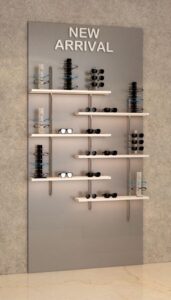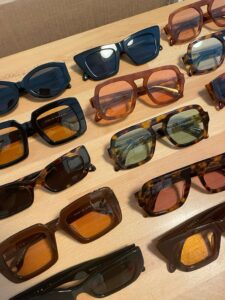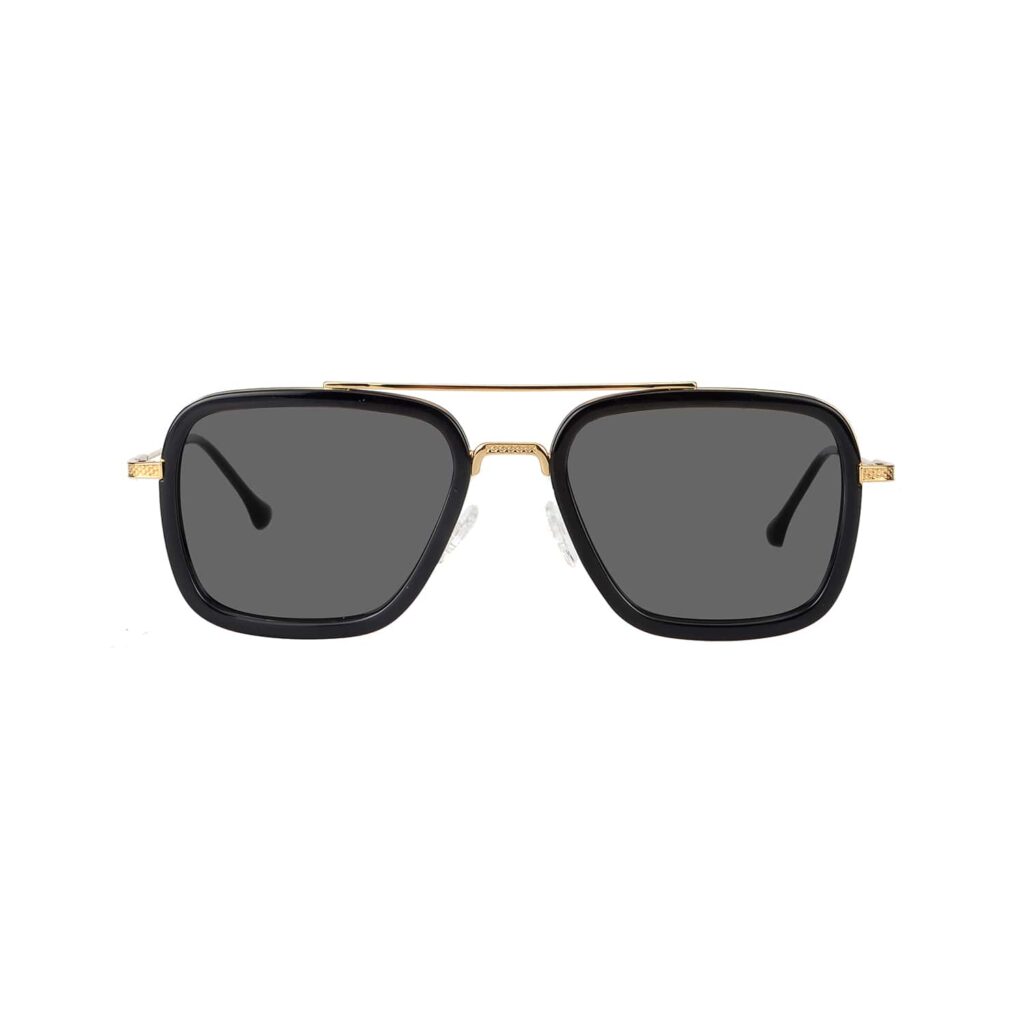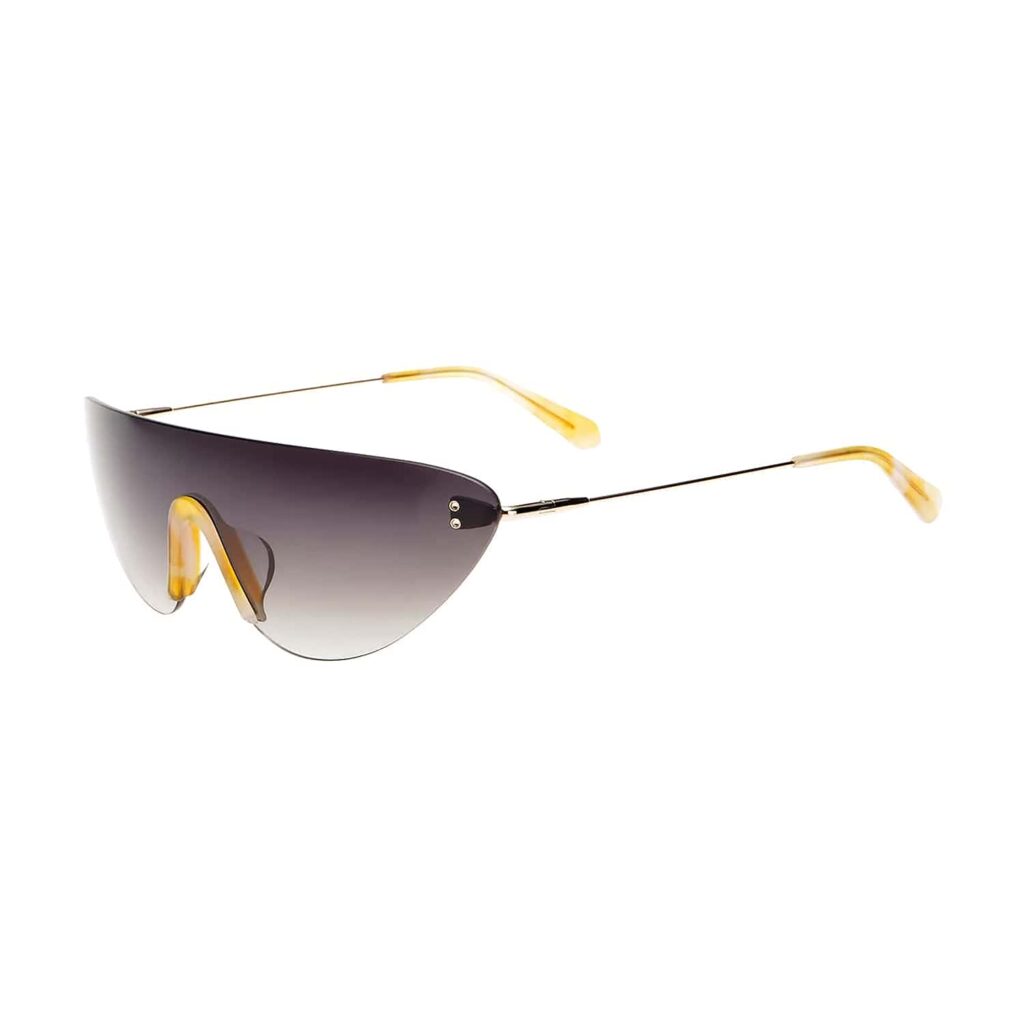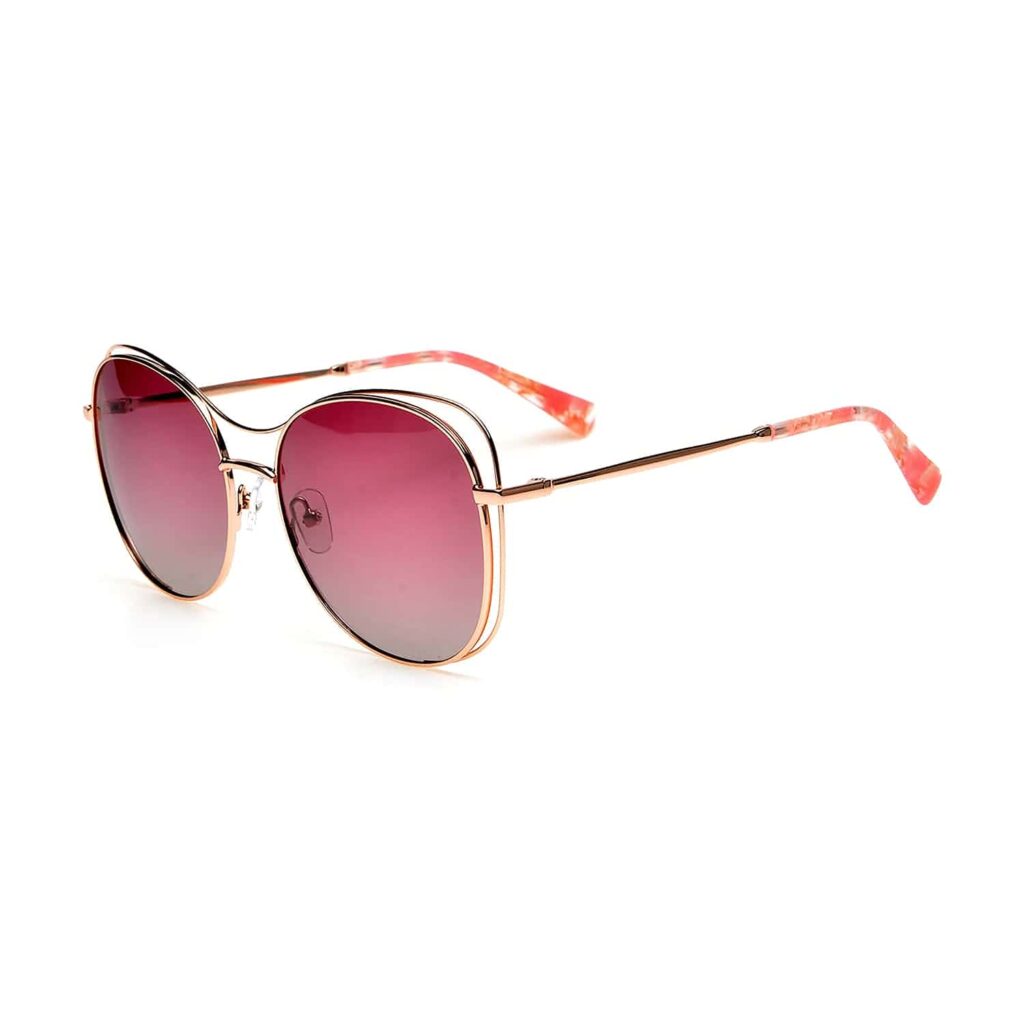Sunglasses Manufacturing Certifications Introduction
When it comes to purchasing sunglasses for your brand, quality and safety are paramount. Sunglasses manufacturing certifications are a key indicator of a manufacturer’s commitment to meeting industry standards. These certifications ensure that the products you are sourcing are not only safe for consumer use but also made with high-quality materials that can withstand wear and tear, offering optimal UV protection. As the eyewear industry continues to grow, understanding the importance of these certifications is essential for making informed decisions and building trust with your customers. In this article, we’ll explore the most important sunglasses manufacturing certifications and why they are essential for your business.

1. What are the most important certifications for sunglasses manufacturing?
The most important certifications for sunglasses manufacturing are typically focused on safety, quality, and environmental standards. These include:
- ISO 9001: This certification ensures the manufacturer follows strict quality management practices, improving production efficiency and product quality.
- CE Marking (European Market): A critical certification for products sold in the European market, indicating that the sunglasses meet European Union (EU) safety, health, and environmental requirements.
- FDA Approval (U.S. Market): For manufacturers selling to the U.S., this certification confirms that the sunglasses meet the U.S. Food and Drug Administration’s standards for safety and effectiveness.
- UV Protection Certifications: Ensures that the lenses provide proper protection against harmful ultraviolet rays, typically meeting the UV400 standard (blockage of 99-100% of UV light).
These certifications confirm that the manufacturer’s processes meet the regulatory standards of the regions in which the sunglasses will be sold.
| Certyfikacja | Opis |
|---|---|
| ISO 9001 | International standard for quality management systems, ensuring consistent product quality. |
| CE Marking | Indicates conformity with European Union safety, health, and environmental requirements. |
| FDA | U.S. Food and Drug Administration certification for eyewear safety and UV protection standards. |
| ANSI Z80.3 | American National Standards Institute standards for optical eyewear performance, including UV protection. |
| UV400 | Specifies that the lenses block all UV rays up to 400nm, offering maximum protection. |
2. Why do these certifications matter for quality and compliance?
Certifications play a crucial role in ensuring that the sunglasses meet both quality and legal requirements. They are often required by governments or regulatory bodies to make sure products are safe for consumers. For instance, sunglasses that meet UV protection standards prevent eye damage caused by UV rays. Without proper certifications, there could be risks such as poor product performance, safety hazards, or legal challenges. For businesses, working with a certified manufacturer reduces the risk of liability and enhances the reputation of the brand, assuring customers that they are purchasing high-quality and safe products.
| Certyfikacja | Impact on Quality & Safety |
|---|---|
| ISO 9001 | Ensures high product quality through standardized processes and consistent monitoring. |
| CE Marking | Confirms the product meets safety and health regulations in the EU, assuring consumer protection. |
| FDA | Certifies that the product meets U.S. standards for UV protection and optical safety. |
| ANSI Z80.3 | Ensures optical clarity and frame strength, meeting the highest safety and quality standards. |
| UV400 | Guarantees maximum UV protection, ensuring lenses block harmful UV rays. |

3. Which global standards should reliable sunglasses manufacturers meet?
Reliable producenci okularów przeciwsłonecznych should meet internationally recognized standards such as:
- ISO 9001 (Quality Management)
- ISO 14001 (Environmental Management)
- ISO 13485 (Medical Device Manufacturing) – for certain specialized sunglasses, like prescription lenses
- FDA 21 CFR 820 (U.S. FDA regulations for medical devices) – relevant for prescription sunglasses or any eyewear sold as a medical device
- CE Marking (Europe) – demonstrating compliance with European safety, health, and environmental requirements
- UV400 Protection Standard – mandatory for effective UV protection
Meeting these standards demonstrates the manufacturer’s commitment to both quality and regulatory compliance on a global scale.
| Standard | UV Protection Level |
|---|---|
| UV400 | Blocks 100% of UVA and UVB rays up to 400 nm, offering maximum UV protection. |
| ANSI Z80.3 | Requires sunglasses to block at least 99% of UVB rays and 95% of UVA rays. |
| CE Marking | In the EU, sunglasses must meet UV protection standards set for safety and health. |
| FDA | U.S. FDA standards require sunglasses to meet UV protection requirements for consumer safety. |

4. How do certifications influence a brand’s reputation and customer trust?
Sunglasses manufacturing certifications have a direct impact on a brand’s reputation and customer trust. Customers are more likely to trust products that have undergone rigorous testing and certification processes, as it guarantees the product is safe and of high quality. Certifications like UV protection or ISO 9001 also assure customers that the brand values their health and safety. Additionally, brands that invest in certified products are seen as professional, transparent, and reliable, which can differentiate them in a competitive market. By displaying certifications on your product packaging and marketing materials, you show that your brand stands by its quality.
| Market | Certification Required |
|---|---|
| USA | FDA, ANSI Z80.3 |
| EU | CE Marking, UV400 |
| Asia | ISO 9001, local standards (varies by country) |
| Global | ISO 9001, UV400 for international export |

5. What testing processes are included in certified sunglasses production?
Certified sunglasses manufacturers undergo several testing processes to ensure product quality and safety, such as:
- UV Protection Testing: Sunglasses are tested to ensure they meet UV400 standards, providing optimal protection against UV rays.
- Impact Resistance Testing: To check the durability of lenses and frames, ensuring that they are not easily damaged upon impact.
- Frame Durability Testing: To assess the flexibility and strength of the materials used in the frame, ensuring they can withstand regular wear.
- Color Fastness and Tint Testing: Ensures that the tint of the lenses remains consistent and doesn’t fade with time.
- Chemical Resistance Testing: To determine if the materials used in the frames and lenses react negatively with substances like cosmetics or cleaning solutions.
These tests guarantee the durability, safety, and quality of each pair of sunglasses produced.
| Certyfikacja | Cost Estimate | Time Required | Notes |
|---|---|---|---|
| ISO 9001 | $1,000 – $5,000 | 6 – 12 months | Cost varies by size of company and complexity. |
| CE Marking | $2,000 – $10,000 | 3 – 6 months | Includes testing and documentation. |
| FDA | $500 – $3,000 | 3 – 12 months | Cost varies based on product type and complexity. |
| ANSI Z80.3 | $1,000 – $3,000 | 2 – 3 months | Usually requires independent testing. |
| UV400 | $500 – $2,000 | 1 – 2 months | Testing and certification for UV protection. |
6. How can I verify a manufacturer’s certification status?
Verifying a manufacturer’s certification status is crucial to ensure they meet the required standards. Here are a few ways you can verify:
- Request Documentation: Ask the manufacturer for copies of their certifications and ensure they are current.
- Visit Certification Bodies’ Websites: Check with the certification bodies like ISO, CE, and FDA for the validity of the manufacturer’s certifications.
- Third-party Audits: Some manufacturers may undergo third-party audits to verify their certification status. Request audit reports if needed.
- Check Product Labels: Certified products often display labels or markings, such as the CE mark or ISO logo.
| Compliance Method | Opis |
|---|---|
| Quality Control Checks | Regular inspection of materials and production processes to meet certification standards. |
| Testing & Auditing | Periodic testing of finished products to verify compliance with safety and quality standards. |
| Employee Training | Training staff on standards and processes to ensure continuous compliance during production. |
| Documenting Procedures | Keeping detailed records of manufacturing processes to prove compliance during audits. |
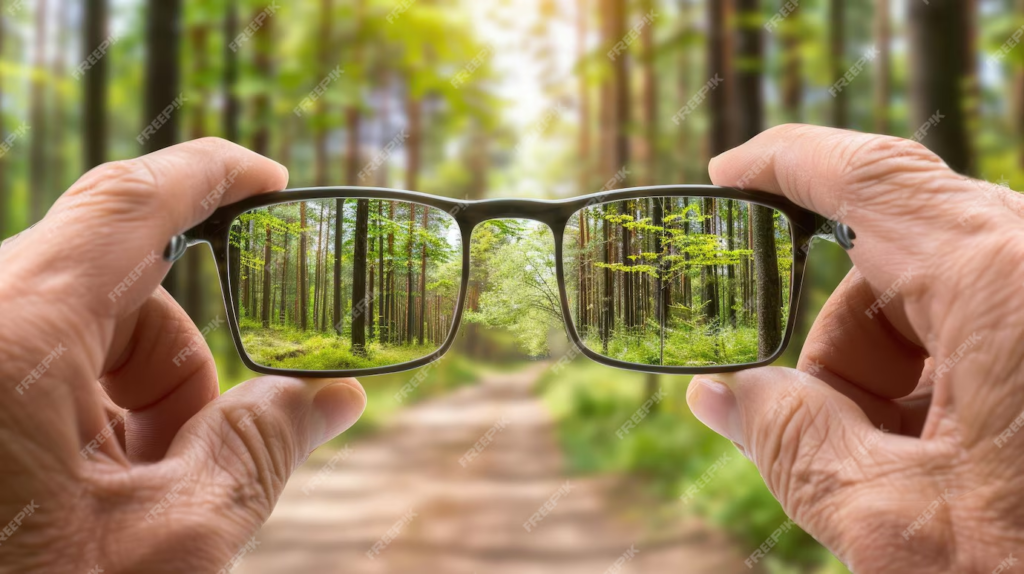
7. What environmental and safety certifications should I look for?
In today’s market, consumers are becoming more environmentally conscious. To appeal to this market, manufacturers should meet:
- ISO 14001: Environmental management systems certification, demonstrating the manufacturer’s commitment to minimizing their environmental footprint.
- OEKO-TEX: Certification ensuring that no harmful chemicals are used in the production of the frames and lenses, making them safe for consumers and the environment.
- Recycling and Sustainability Certifications: Many consumers now expect brands to be eco-friendly, so it’s important to check if the manufacturer uses sustainable materials or processes, like recycled plastic or eco-friendly packaging.
These certifications not only make products safer but also appeal to a growing base of eco-conscious consumers.
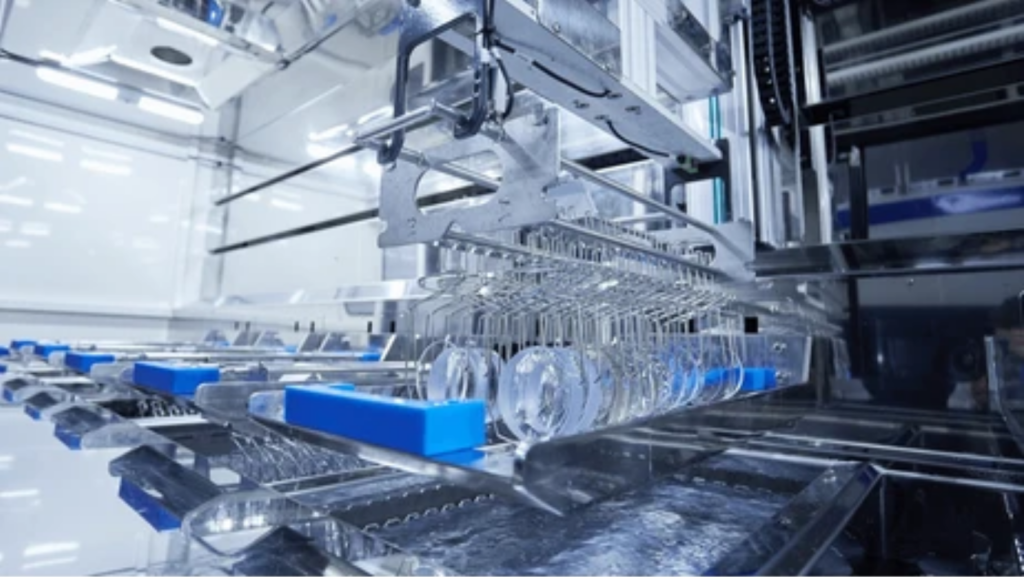
8. Do certifications impact the durability and UV protection of sunglasses?
Yes, certifications directly impact both the durability and UV protection of sunglasses. For instance, UV protection standards like UV400 guarantee that the sunglasses block 99-100% of harmful UV rays, which is essential for eye health. Durability certifications ensure that the frames and lenses can withstand daily wear and tear without losing their form, shape, or protective qualities. Certified sunglasses are also subjected to more rigorous testing, ensuring they perform well over time and under different environmental conditions.
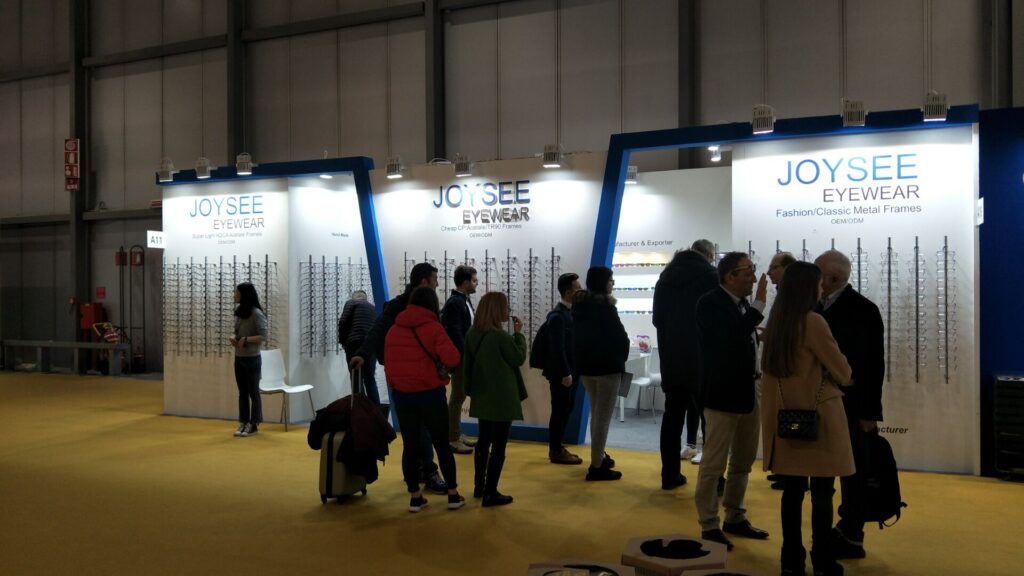
9. How does Joysee Eyewear ensure compliance with international standards?
Okulary Joysee is committed to meeting both global quality and safety standards. The company ensures that all of its sunglasses are manufactured in compliance with ISO 9001, CE, and UV400 certification standards. Additionally, Joysee Eyewear undergoes regular quality checks, testing, and third-party audits to verify that every product meets international regulations. Their focus on quality, safety, and environmental responsibility is a testament to their dedication to producing high-standard sunglasses that customers trust.
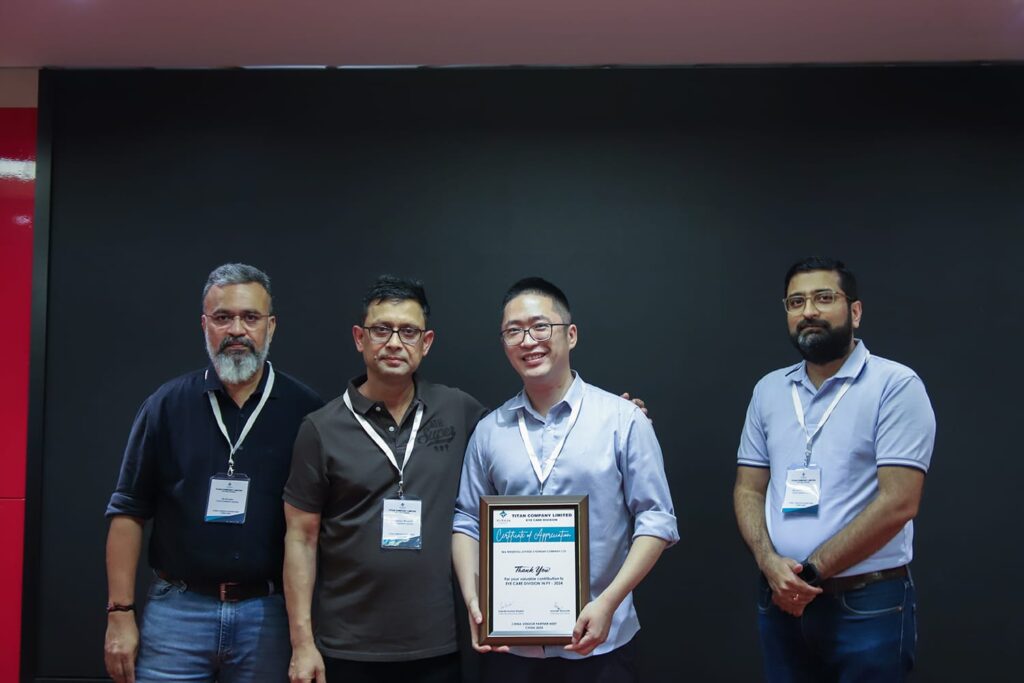
10. How can certified manufacturers support my brand’s market positioning?
Working with certified producenci okularów przeciwsłonecznych enhances your brand’s positioning by:
- Building Trust: Certifications assure consumers that the products they’re buying meet rigorous safety and quality standards.
- Differentiating Your Brand: Offering certified sunglasses can differentiate your brand in a competitive market and help you stand out from non-certified competitors.
- Appealing to Regulatory Markets: Many markets, like the European Union or the United States, have strict requirements for product certifications. Working with certified manufacturers allows you to sell in these regions legally and with confidence.
- Increasing Marketability: The ability to market your products as certified and safe increases consumer confidence, which can lead to higher sales and better brand loyalty.
| Certyfikacja | Impact on Trust & Credibility |
|---|---|
| ISO 9001 | Demonstrates commitment to consistent quality, building trust among consumers and partners. |
| CE Marking | Assures consumers that products meet EU safety standards, increasing brand credibility in European markets. |
| FDA | Enhances consumer confidence in the product’s safety, particularly in the US market. |
| ANSI Z80.3 | Reassures customers that the eyewear meets stringent quality standards, enhancing the brand’s reputation. |
| UV400 | Provides confidence that the sunglasses offer maximum protection, building consumer trust in the brand’s reliability. |

Sunglasses Manufacturing Certifications Conclusion
Sunglasses manufacturing certifications are vital for ensuring that products meet the highest standards of safety, quality, and environmental responsibility. By partnering with manufacturers who possess the right certifications, businesses can offer consumers high-quality sunglasses while ensuring compliance with global regulations. Whether it’s UV protection, environmental impact, or overall durability, certifications play a pivotal role in your sunglasses manufacturing process. By understanding and prioritizing these certifications, brands like Okulary Joysee can maintain industry-leading standards, build consumer trust, and elevate their market position.
Sunglasses Manufacturing Trends 2025: Key Innovations and New
- Najważniejsze nieporozumienia dotyczące producentów okularów przeciwsłonecznych
- Współpraca z producentami okularów przeciwsłonecznych: Przewodnik krok po kroku
- Korzyści ze współpracy z doświadczonymi producentami okularów przeciwsłonecznych
- Certyfikaty produkcji okularów przeciwsłonecznych: Podstawowe standardy
- Ocena opcji personalizacji oferowanych przez producentów okularów przeciwsłonecznych
- Nowoczesne technologie w produkcji okularów przeciwsłonecznych
- Wybór producenta okularów przeciwsłonecznych z silnym łańcuchem dostaw
- Zrównoważeni producenci okularów przeciwsłonecznych: Ekologiczne rozwiązania
- Ocena jakości producenta okularów przeciwsłonecznych
- Producenci okularów przeciwsłonecznych w przystępnych cenach: Jakość, koszt i personalizacja
- Profesjonalni producenci okularów przeciwsłonecznych: Najlepszy wybór do personalizacji
Allen Lin
Stanowisko: Właściciel
Firma: Okulary Joysee
E-mail: allen.lin@joysee-eyewear.com
WhatsApp: +8613456050627
Strona internetowa: www.joysee-eyewear.com

